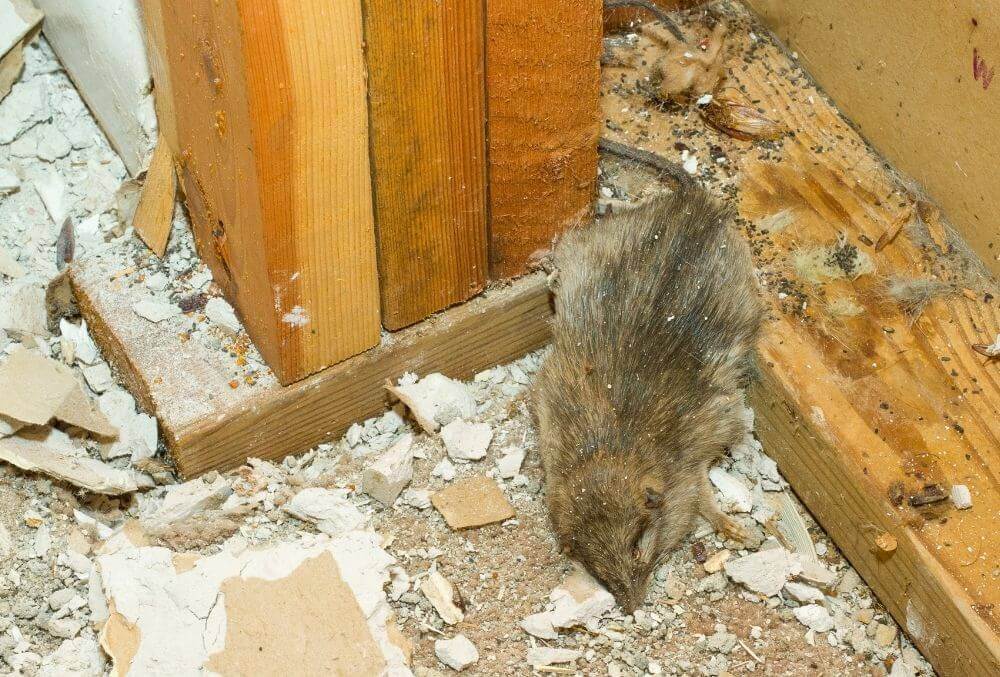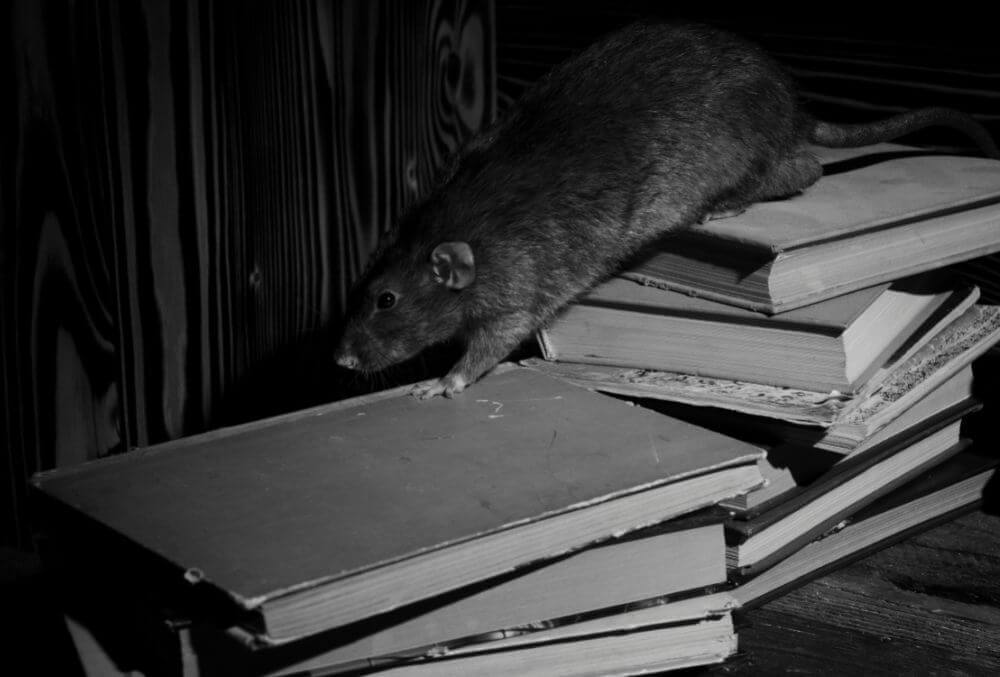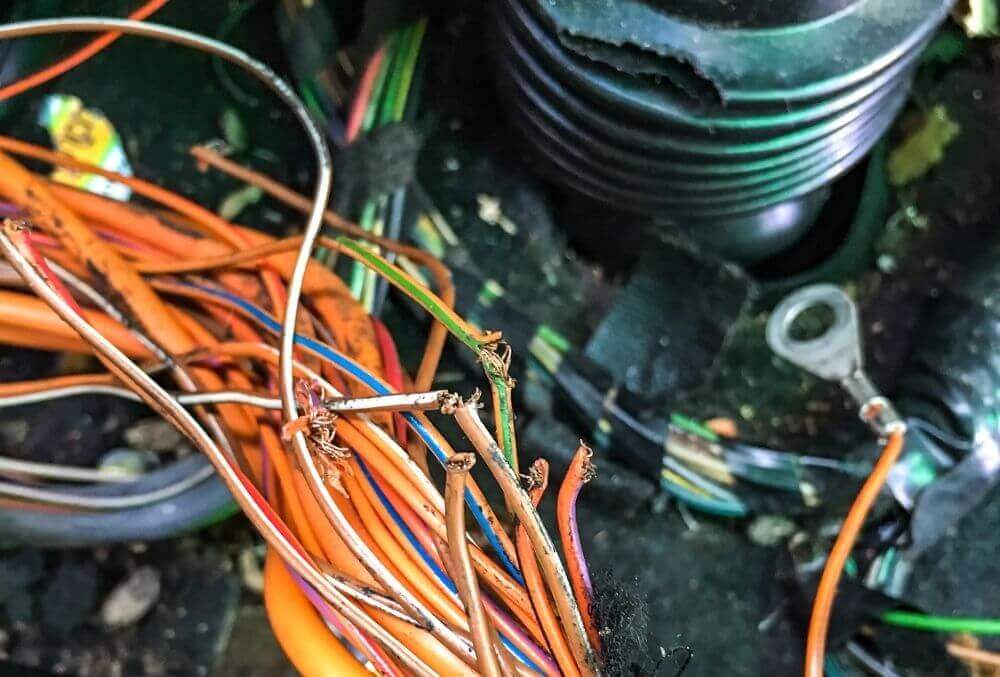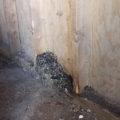Table of Contents
Dealing with rat infestation and rat damage in the house is frustrating, especially when you can see that the problem is escalating but cannot determine where the rats are coming from. Rats give nuisances to sanitation and can spread illness.
Rats contaminate stored items and products with their urine and droppings and disperse trash and chewed nesting materials across their preferred hiding locations. Thus, while everyone agrees that having unwanted rats in the house is a significant issue, what should you do if you believe you have a mouse infestation?

If left unchecked, these pests may gain access to your home and inflict substantial and costly damage. The following information will assist you in dealing with a rat or mouse infestation.
Which Signs Indicate I Have Rat Infestation in House
If you notice a rat scurrying across your kitchen floor, it’s not wise to presume it is simply passing through.
Droppings
Although unpleasant, they aid in recognizing uninvited intruders. These are common in dark locations behind kitchen cabinets and sink units, beneath beds and other furniture, and in any rarely used room. Not to be mistaken with dead woodlice, which are pretty harmless.
Gnawed wood, plastic tubing, or insulation around electrical cables – Scratches or bite marks on your loft’s furnishings, woodwork, or wiring may indicate rats or mice.
Holes
Because rats and mice can chew through various materials, keep an eye out for your skirting or furniture holes.
Noises
You may have an infestation if you begin to hear scratch noises from hollow walls, stud partitions, or the loft.
Whatever the indications, take action immediately and do not wait for more proof.
What Type Of Rat Damage May Rats Inflict?
Besides being unsightly and unsanitary, rats may wreak havoc on your structure and personal property.

Damage To Structures
Rats can chew various materials, including wood, paper, books, and clothing. Rats burrowing beneath flooring, stud walls, and within the drywall linings may wreak havoc on the fabric. If you do not act immediately to resolve the issue, it might escalate into a costly repair.
Modern homes with reinforced concrete flooring will be more resistant to these attackers.
Insulation
Mice can create thermal or cold bridges in your loft by digging holes or removing insulation to make nests, preventing your insulation from operating efficiently. This affects your heating expense and may also result in moisture and decay in the joists.
Pipes
Rats are also capable of chewing their way through plastic pipes. Even the tiniest leak in your pipe might result in dampness or floods.
Additional Injury
Rodents may nibble through upholstered furniture and closets, concealing their nests. If you own high-priced furniture or apparel, they might rapidly depreciate.
Is Damage Caused By Rats Something That My Insurance Will Cover?
Insurers require you to maintain a high standard of property upkeep and cleanliness. They will typically not pay the expense of eradicating a mouse or rat infestation or repairing damage caused by them, and you will be responsible for any pest eradication fees.
Buildings insurance may cover the effects of an infestation, such as a fire or flood caused by a gnawed pipe or electric wire.

How To Eliminate Them?
Establish a Trap
While this is an excellent beginning step, it will not suffice if you deal with a severe infestation. However, if you capture one or two infiltrators, you can ascertain their origins and close the gaps. Humane traps will catch the mouse or rat without harming it, allowing you to release it far from your house.
Contact An Exterminator
It is the most effective method of eliminating rats, especially if you have a significant infestation.
Summary: What To Do To Deter Rats
Preventing an infestation is as simple as knowing what attracts rats to your house and preventing rats and mice from entering your house. Since rats and other rodents do not hibernate, they can be an issue all year. However, they may sneak in during the winter for some added warmth.
You should store food in containers made of metal or glass with a tight-fitting cover should be used.
Regularly clean your home, with an emphasis on the kitchen. Sweep your floor and inspect spots that are easy to overlook, like behind the toaster or refrigerator. Eliminating clutter eliminates hiding spots for rodents.
Inspect and repair any gaps or cracks in your walls and doors. It is good to maintain trees at a height that prevents them from reaching the higher levels of your home. Use a tight seal on the lids of your garbage containers. Rather than leaving it in the open, invest in a rat-proof compost bin if you compost. Inspect and remove any fallen or decaying fruits or plants from your garden.
Again, if you notice rat or mouse evidence, respond promptly to avoid worsening the situation.





